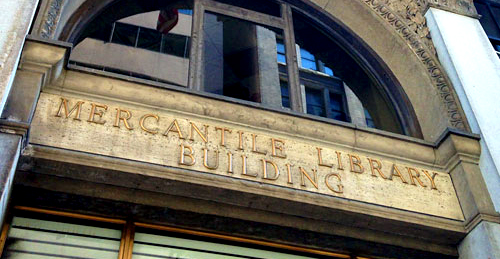Probate is the court supervised process by which a decedent’s assets are transferred to his heirs, either by his will, or if there is no will, by the statute of intestate succession.
Assets Subject to Probate
- Personal property such as vehicles, furniture, artwork, and jewelry
- Financial accounts owned individually rather than jointly with the right of survivorship or without a payable on death beneficiary
- Real estate that is owned individually rather than jointly with right of survivorship
- An ownership interest in a business whether a sole proprietorship or individually owned shares in a small company
Assets Not Subject to Probate
- Annuities
- Life insurance proceeds
- Retirement plan benefits from IRAs, 401(k)s, or profit sharing plans
- Property jointly titled with the right of survivorship
- Assets held in a living trust
The probate process involves notifying the decedent’s heirs at law and the beneficiaries of the decedent’s will of the existence of the will. The notice provides them the opportunity to contest the will in the event that the decedent did not have the requisite mental capacity to make a will or the decedent was unduly influenced by a beneficiary.
The probate process also involves compiling a list of the decedent’s assets so that the assets may be distributed according to the decedent’s wishes.
Finally, probate involves accounting for all of the assets in the decedent’s estate, including the payment of estate taxes (if any), debts and expenses incurred by decedent during his life or as a result of the administration process.
